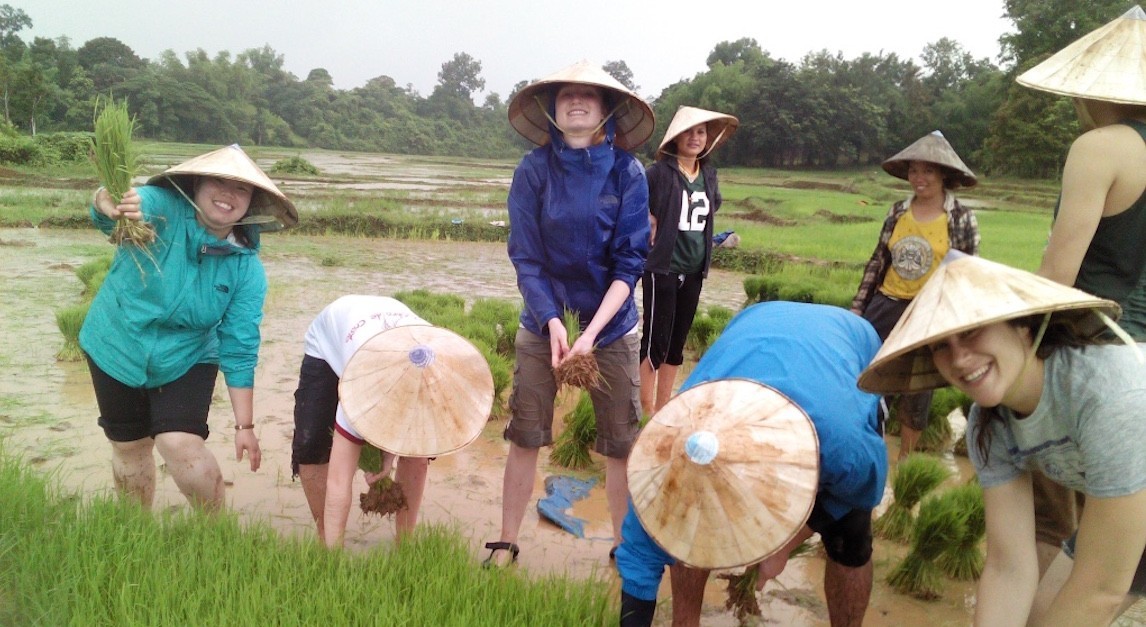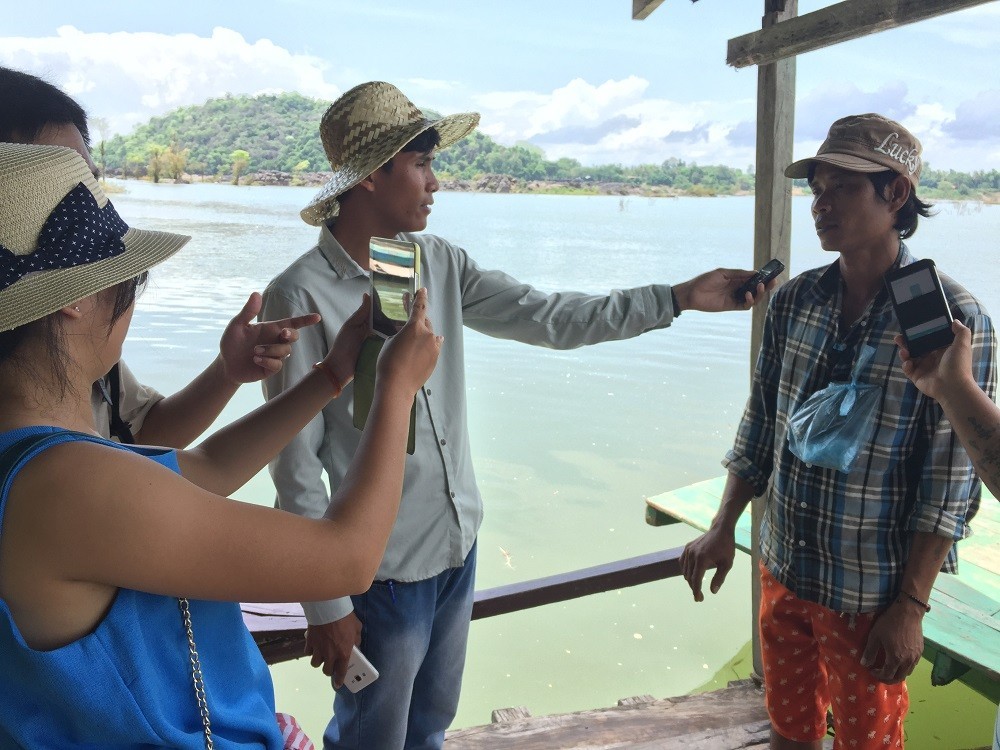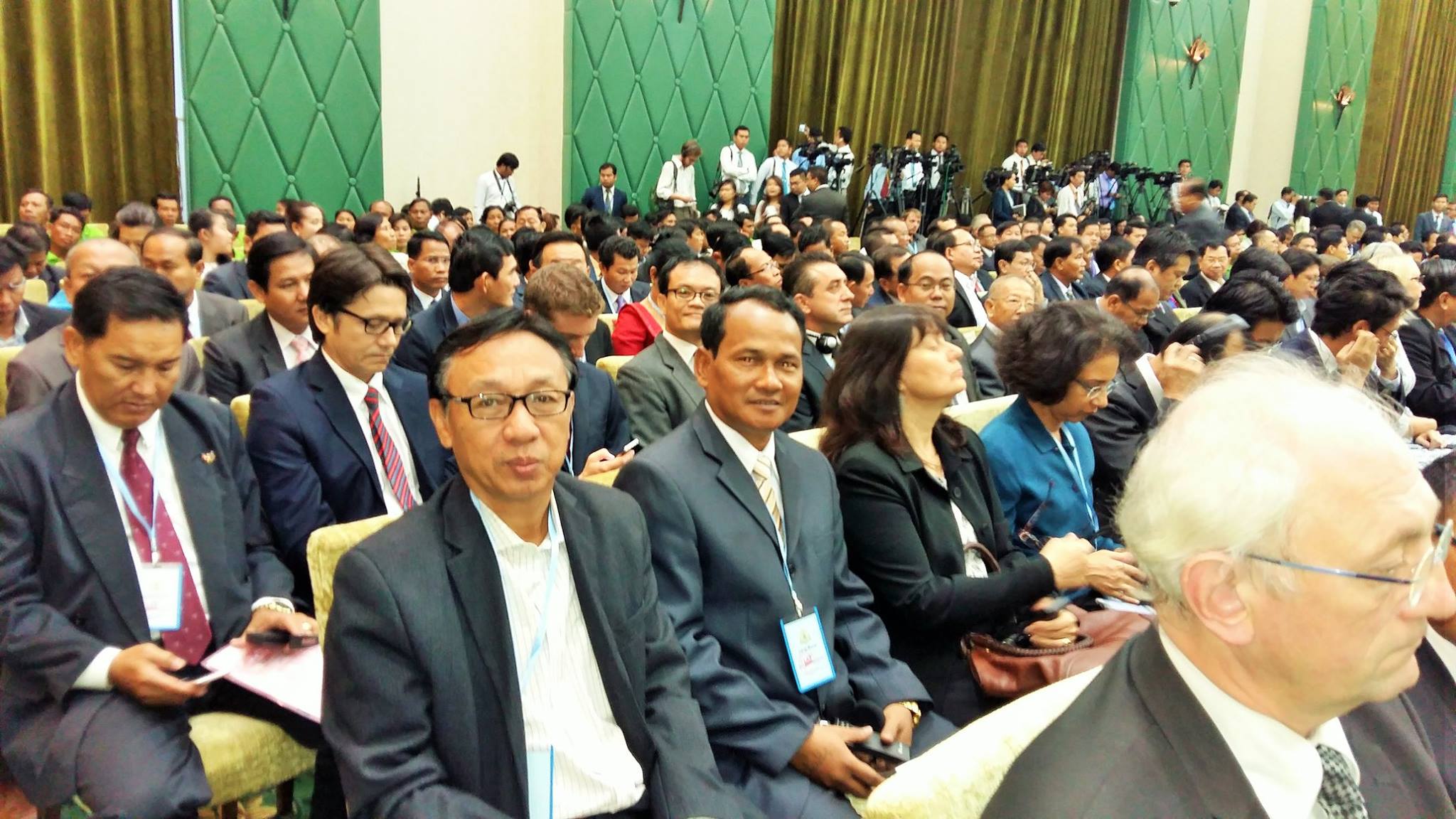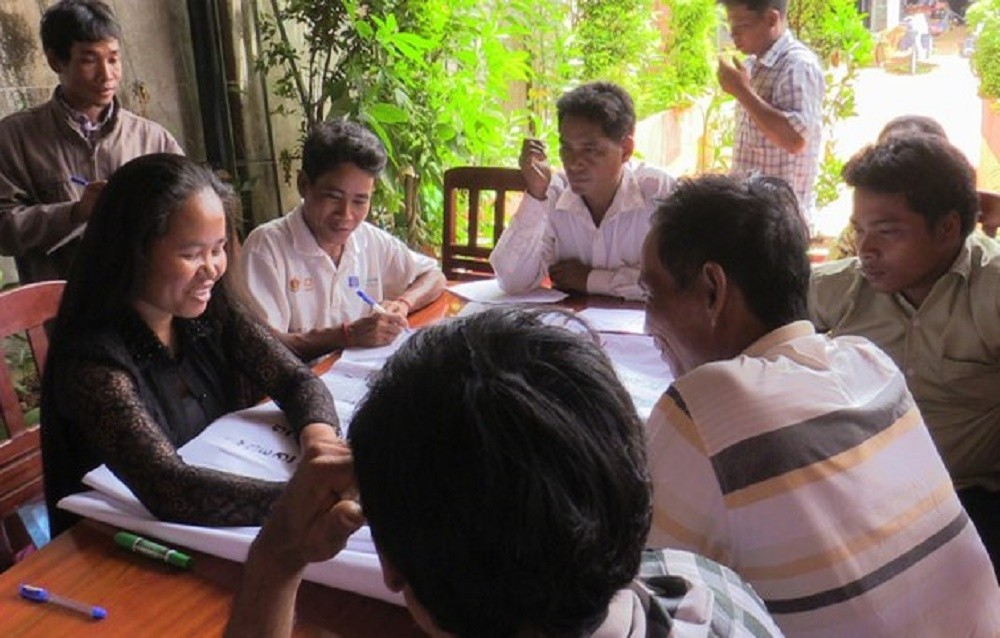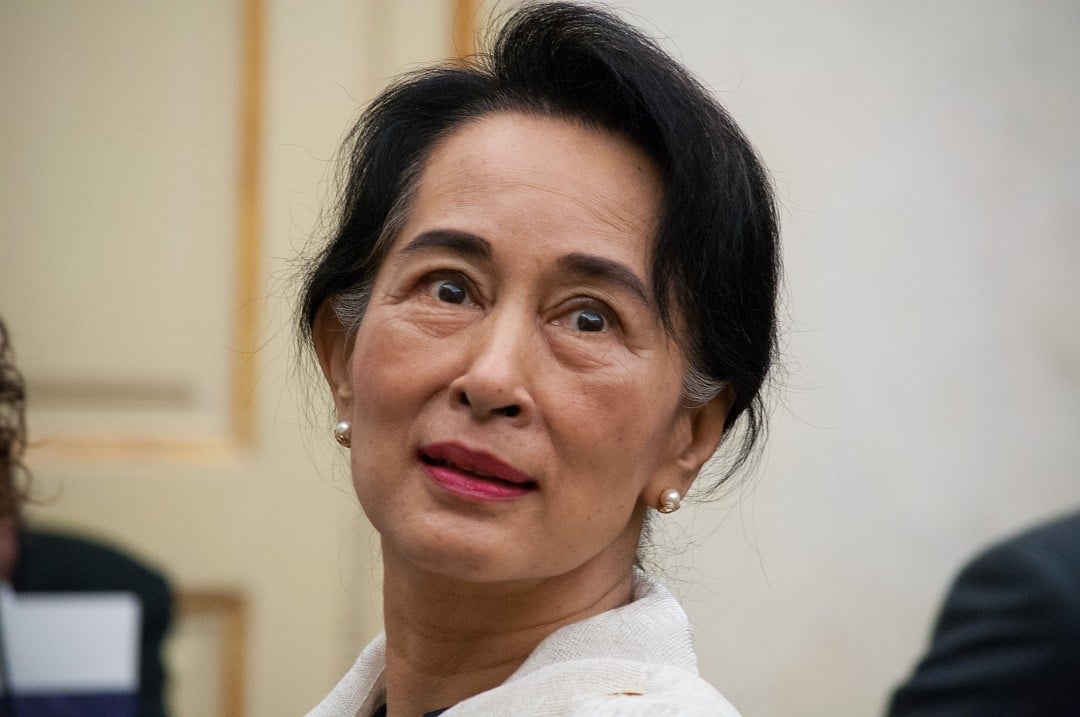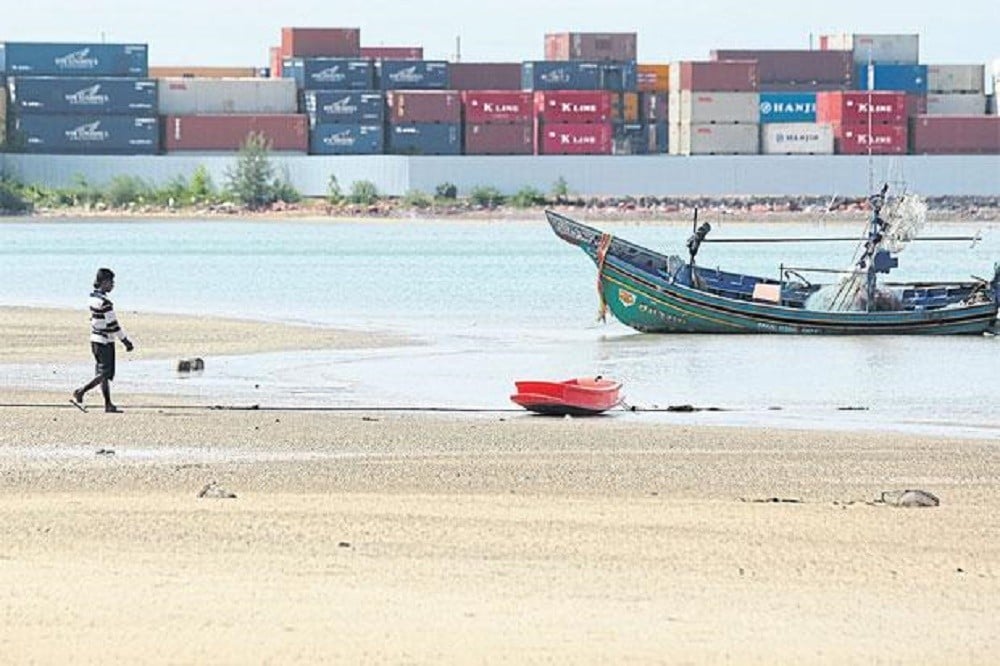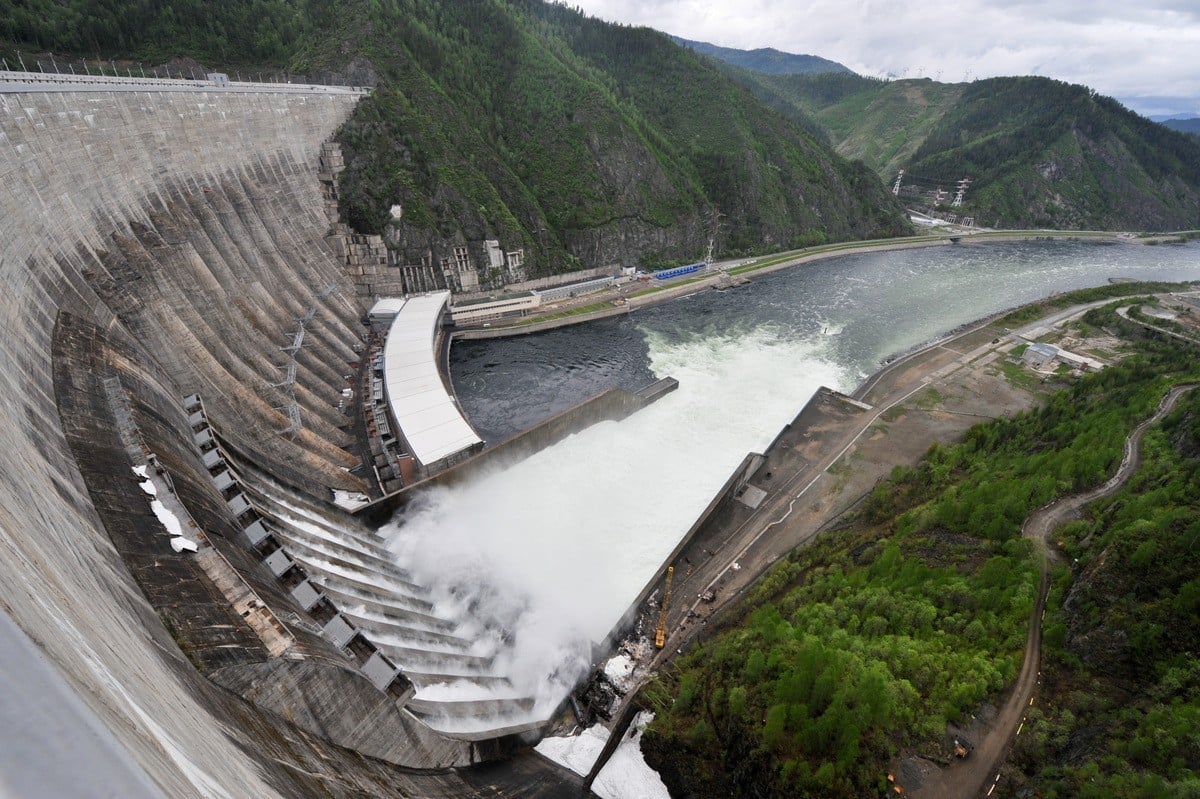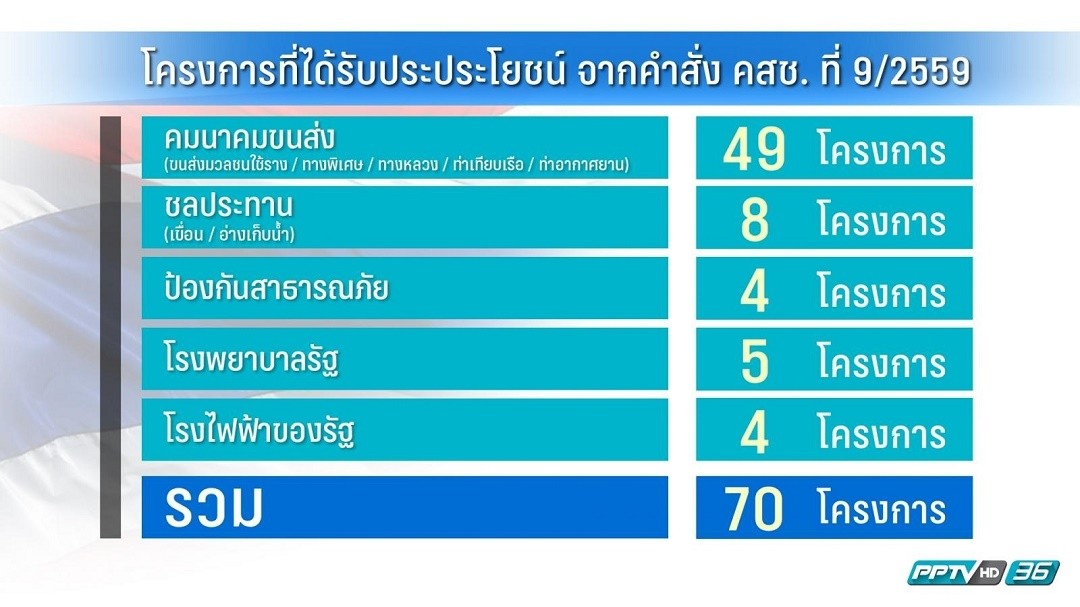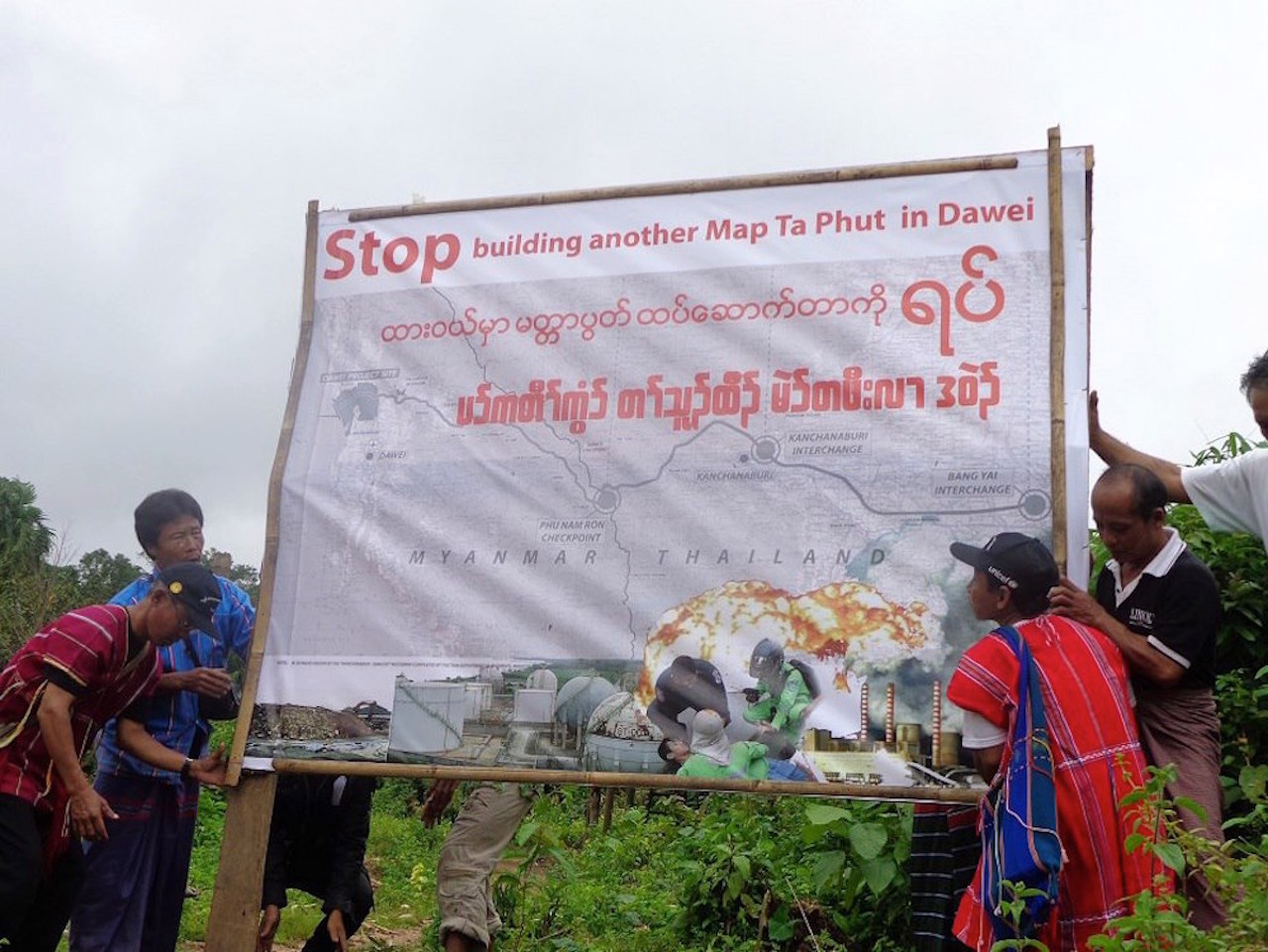The government would also discuss cooperation with international organisations.
Tag: civil society
Cambodian Environmental Journalism Network Urges More Comprehensive Coverage of Environment
While the media coverage of the environment in Cambodia is still limited, the Cambodian Environmental Journalism Network (CEJN) has urged media organizations to make more comprehensive coverage of the environment for the public in cooperation with the media in the neighboring countries.
Civil Society Leaders Meet with Cambodian PM, Receive Support for Ongoing Dialogues
Two key civil society organization (CSO) partners of USAID-supported Mekong Partnership for the Environment (MPE), recently met the Cambodian Prime Minister and were able to earn his support for more formal mechanisms for dialog between civil society and government.
Mining Companies Told to Comply
Only a few days after the Koh Kong Provincial Court found three environmental activists guilty for protesting against a sand dredging company, the Ministry of Energy and Mines has called for greater civilian participation in protecting The Kingdom’s natural resources.
Suy Sem, the Minister of Mining and Energy, issued a strong warning to mining and sand-dredging companies, saying those who do not act within ministerial guidelines will have their licenses revoked, be blacklisted and sent to court.
Mining Activists from Three Provinces Discuss Advocacy
About 30 Community Mining Focal People (CMFP) from Mondolkiri, Ratanakiri and Preah Vihear province gathered on June 14 2016 in Banlung town of Ratanakiri province to present and share their implementation of advocacy plans and updates about impacts of mining on local people.
Ms. Vong Socheat, a CMFP from Mondolkiri province said that one mining company has a license to mine and the company forced villagers to give farmlands to them because the farmlands are in the exploration or exploitation area of the company. She also said that local authorities have not paid attention to those issues, but they have forced local people to leave their farmlands as it belongs to the company.
Daw Suu’s in-tray piles up as CSOs raise their voice
Civil society organisations, in general steadfast supporters of the National League for Democracy and its leader, have not been idle in pressing their demands, many in critical areas combining overlapping aspects of her multiple ministerial posts.
Yesterday the NLD received an appeal by three prominent CSOs in Shan State calling for the immediate halt of construction work that has already begun on the controversial Upper Yeywa dam on the Myitnge (Namtu) River, as well as plans to build three others.
Laying down the ‘dictator law’ for money
The prime minister, who seized power in May 2014, wants all Thais to have a better life and increased income, despite looming economic problems.
But to achieve his goal, there’s one condition. Gen Prayut has to use Section 44 of the interim charter, the so-called dictator law, which allows him to bypass checks and balances to fast-track development projects.
The hope is that as a result of the orders, 12 new SEZs and dozens of mega projects will pump trillions of baht into the economy by the end of the year.
China’s Mekong dam release ‘nothing special’
Local activists have accused China of using the Mekong River’s water resources to increase its political power in the region.
The accusation came Tuesday as Prime Minister Prayut Chan-o-cha left Thailand for China for the opening day of the first Mekong-Lancang Cooperation meeting being held in Sanya, Hainan province, until tomorrow.
Thailand, Cambodia, Laos, Myanmar, Vietnam and China will discuss cooperation under the theme “Shared River, Shared Future”.
Earlier, China announced on March 10 it had released water from Jinghong dam in Yunnan, with further releases planned until April 10, to help ease the drought in Thailand and other countries in the sub-region.
Thai Ministry of Natural Resources confirm order will not put pressure on EIA approval process
Environmental scholars and a network of Civil Society Organizations protested against NCPO’s order no. 9/2559 which permits the state enterprises to select private companies to initiate their projects before an environmental impact assessment (EIA) gets approval. On March 10, the Ministry of Natural Resources and Environment as the primary agency responsible for the preparation for EIA reports, clarified regarding the concerns raised by academics and the CSO network that called for review and cancellation of the order.
Civil society steps up Dawei SEZ campaign
A civil society group has published a comprehensive report on mistakes made by the developers of a highly ambitious project in Dawei in the hope the new government will address their concerns before allowing the project to continue.
The report urges the project’s Thai and Japanese investors to resolve problems affecting local communities before they continue building the special economic zone and deep-sea port in Tanintharyi Region.
Published on March 7 it outlines a range of issues dating back to the zone’s inception in 2008. The recurrent theme is a lack of transparency, dialogue or compensation based on the developers’ lack of respect for local communities and its reluctance to engage.


